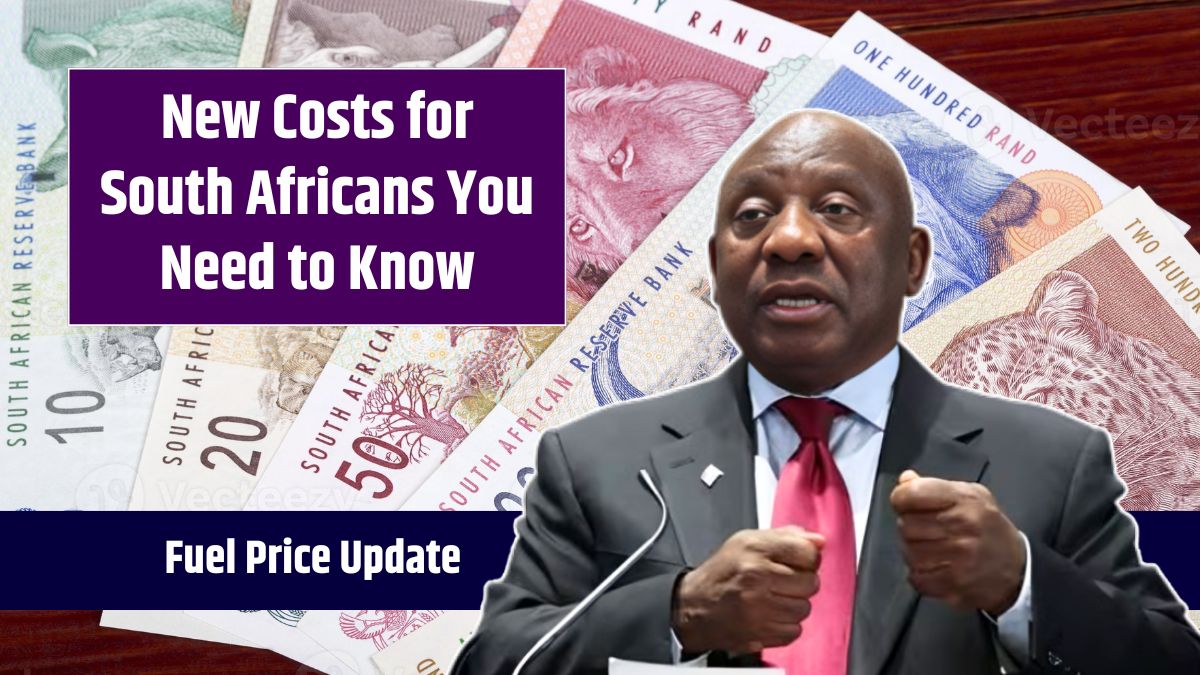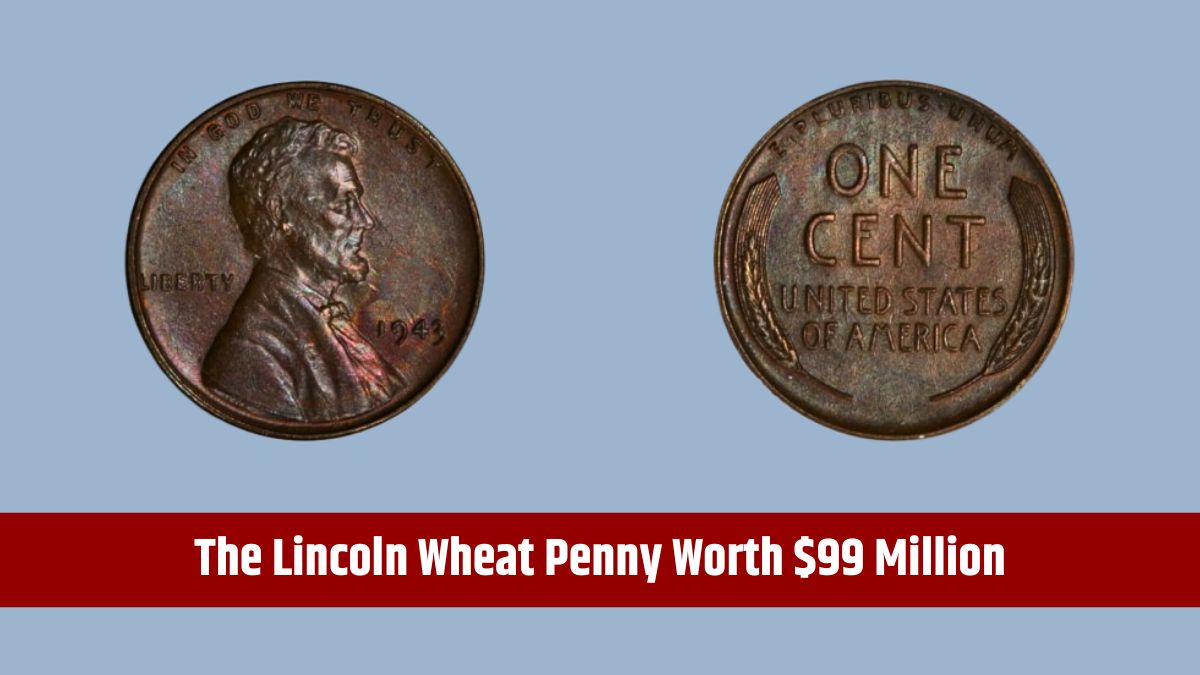As January 2025 approaches, South Africans are bracing for changes in fuel prices, which significantly impact household expenses and business operations. Regulated by the Department of Energy (DoE), these monthly adjustments reflect global oil trends, currency fluctuations, and local costs. Here’s a detailed look at the factors influencing fuel prices and how you can prepare for the changes.
Table of Contents
Pricing Mechanism
South Africa’s fuel pricing system is a regulated framework designed to maintain uniform pricing nationwide. Adjustments are made monthly, influenced by:
Key Components
- Crude Oil Prices: Global crude oil prices form the foundation of fuel costs. Supply disruptions or geopolitical tensions can drive prices upward.
- Exchange Rate: The rand’s performance against the US dollar plays a crucial role since oil is priced in dollars. A weaker rand increases import costs.
- Logistics Costs: Transportation and distribution costs from refineries to pumps contribute to the final price.
- Taxes and Levies: Levies like the Fuel Levy and Road Accident Fund Levy are fixed components, often reviewed in the national budget.
These factors collectively determine the price consumers pay at the pump, ensuring transparency and reflecting real-time economic dynamics.
Price Influences
South Africa’s reliance on imported oil makes it sensitive to global crude price fluctuations. Ongoing geopolitical tensions or supply disruptions could push prices higher.
Rand Performance
The rand’s value against the dollar has been volatile, with depreciation leading to increased oil import costs. If the rand strengthens in January, it may offset some global crude oil price hikes.
Seasonal Demand
Global winter fuel demand can drive up oil prices. While South Africa itself experiences summer, international trends still influence local costs.
Local Factors
Occasional refinery issues or logistical challenges can also affect fuel prices. Though rare, such factors highlight the need for resilient infrastructure.
Price Adjustments
| Fuel Type | Current Price (Dec 2024) | Expected Adjustment | New Price (Jan 2025) |
|---|---|---|---|
| Petrol 95 Octane | R21.50/L | +R0.50 | R22.00/L |
| Petrol 93 Octane | R21.30/L | +R0.40 | R21.70/L |
| Diesel (0.05% Sulfur) | R20.00/L | +R0.60 | R20.60/L |
| Diesel (0.005% Sulfur) | R20.20/L | +R0.50 | R20.70/L |
| Illuminating Paraffin | R15.50/L | +R0.30 | R15.80/L |
Preparing for the Changes
Adopting efficient driving practices can significantly reduce fuel consumption. Avoid rapid acceleration, maintain steady speeds, and ensure your car is well-maintained.
Use Alternative Transport
Consider public transportation, carpooling, or cycling to lower personal fuel expenses.
Budget for Increases
Plan ahead for potential price hikes by allocating a portion of your budget for higher fuel costs.
Monitor Announcements
Keep track of updates from the Department of Energy to time your refueling strategically.
Significant
The January 2025 fuel price adjustments in South Africa will reflect a mix of global oil market trends, exchange rate fluctuations, and local factors. By staying informed and adopting proactive measures like efficient driving and alternative transport, you can better manage the impact of these changes. Knowing the pricing mechanism and planning accordingly will help mitigate the financial strain of rising fuel costs.
FAQs
When will January 2025 fuel prices be announced?
The Department of Energy will announce prices in the first week of January.
What factors affect fuel prices in South Africa?
Crude oil prices, exchange rates, logistics, and taxes impact fuel prices.
How much is petrol expected to rise in January 2025?
Petrol 95 Octane is expected to rise by R0.50, reaching R22.00 per liter.
How can I reduce my fuel expenses?
Efficient driving, carpooling, and using public transport can help reduce costs.
Why does the rand affect fuel prices?
Oil is priced in US dollars; a weaker rand increases import costs.






